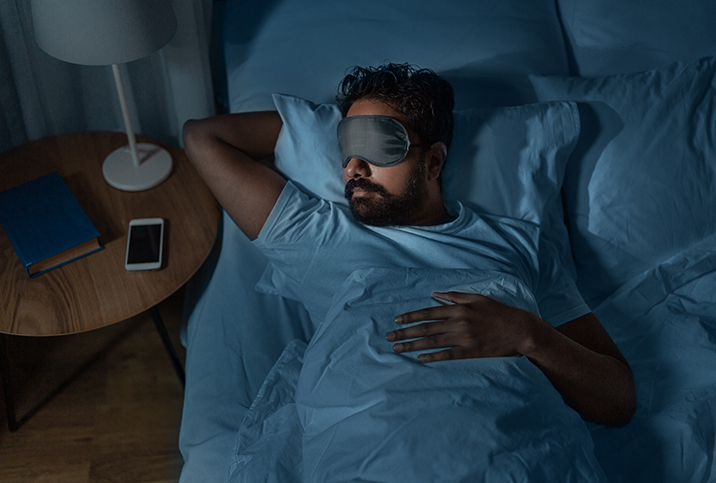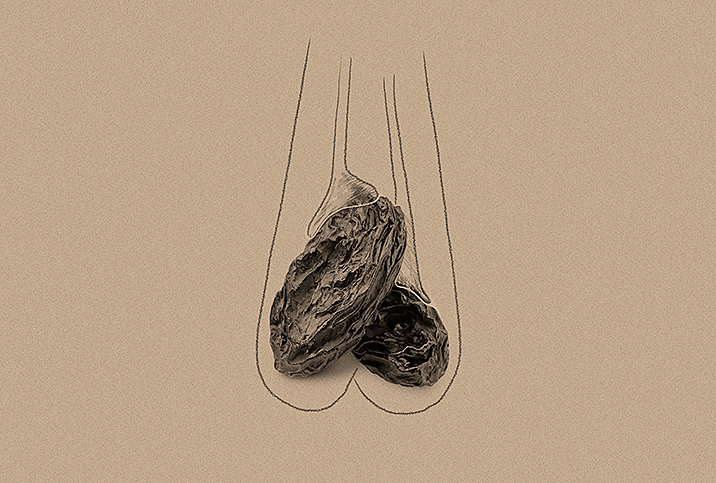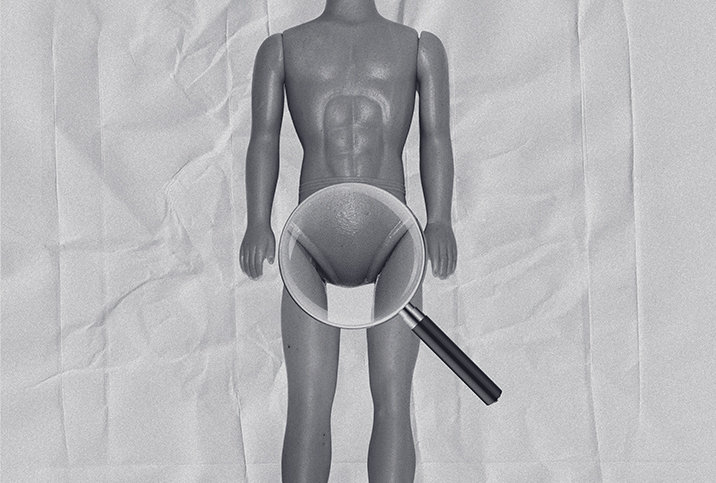Is Penis Shrinkage Real?

If time heals all wounds, it also shrinks all penises. Most men who live long enough experience penis shrinkage to a certain degree.
The reasons behind this are many. One of them is reduced blood flow. Penises need blood to become erect. As we age, fatty deposits tend to build up along our arteries, which results in reduced blood flow to all areas of the body. A side effect is smaller erections that are not quite as firm as they once were.
Time also begets entropy, meaning our cells age and lose collagen and elasticity, which also leads to smaller erections. However, shrinkage due to age usually goes unnoticed, and the average man typically loses only about 1 centimeter by the time he reaches the age of 60.
Another common cause of a smaller penis is weight gain.
"The most common cause is weight. However, other common causes are age and medication. We can't avoid aging, but we can take steps to limit shrinkage," explained Paul Thompson, M.D., a urologist and surgeon in Fort Worth, Texas, and the chief medical officer for Launch Medical, a Los Angeles men's sexual health company.
Men often report a shrinking penis as they gain weight and put on fat, especially in the belly. This is a half-truth. The reason it appears smaller is that the penis is attached to the abdomen. When you gain weight and your abdomen expands, it pulls the penis inward, so your penis appears smaller. How's that for a reason to stay in shape?
More penis shrinkage culprits
"Believe it or not, penises stay active even when they are not engaged. Normally, they 'exercise' by themselves and get erect at least three times every night for 30 to 60 minutes during REM sleep," said Paul Turek, M.D., a urologist in California and a medical advisor for Progyny, a provider of employee fertility benefits. "The most common causes of penile shrinkage are surgical procedures, such as prostate cancer surgeries that interrupt the nerve supply to the penis, and diseases like diabetes mellitus."
Another cause is Peyronie's disease, which is a buildup of plaque or scar tissue that can result in a malformed or shortened penis. Medical intervention is not always necessary unless the condition results in pain or discomfort during sex. If treatment is sought, doctors typically decide between surgery and medication to remove the excess scar tissue.
Additionally, some medications may also cause penis-size fluctuation. A common one is Adderall, but some antidepressants have also been associated with causing a change in size. Finasteride, a drug commonly used to treat male pattern baldness, may also be linked.
There's still hope
"Preventing shrinkage is possible when the cause is obesity," said Mat Rezaei, Pharm.D., the founder and CEO of Upguys, a Canadian-based online pharmacy for men. "In this case, a healthy lifestyle will help maintain an optimal weight so it won't give a false vision of the size of the penis because of the fat."
He added that treating shrinkage usually happens through treatment of erectile dysfunction (ED), and ED medication helps blood vessels relax so the penis can fill with oxygen-rich blood.
It's beneficial to do your part since your health is one of your most valuable assets. Staying active, eating a healthy diet and staying away from smoking can help ensure your penis size stays the way you like it.
"Since a poorly functioning penis is a reflection of overall health, that means staying as healthy as possible," Turek said. "Surround your member with a healthy body and it will serve you well and long."


















